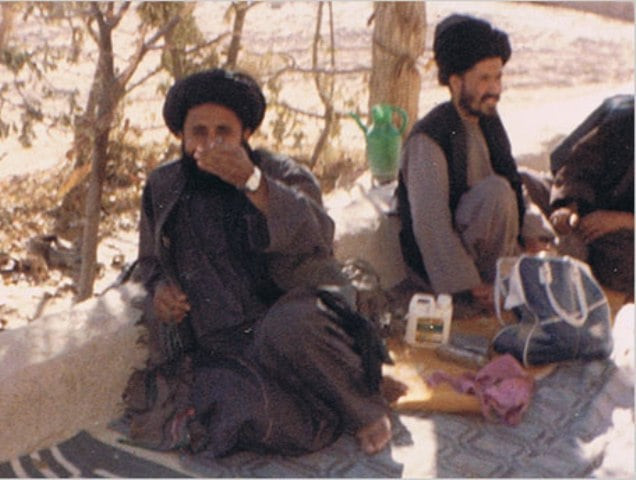Giving access to Baradar
Peace talks may end up giving Taliban a small victory but that is a price we may have to pay for friendly Afghanistan

Giving access to Baradar
Baradar’s capture in February 2010 was always a sticking point with Afghanistan. That was when the Karzai government decided it would have to pursue negotiations with the Taliban. Almost simultaneously, Pakistan started arresting Taliban leaders that it had previously denied were in the country. From the point of view of the Afghans, Pakistan was seen as stymieing any potential peace talks by taking one side out of the equation. The thinking in Pakistan seems to have been that since we might not be a party to the negotiations, it would be better to start taking action against the Afghan Taliban. Both sides now seem to be on the same page.
Since — in the two years that we have been holding him — we have probably got all the information Baradar possessed, giving Afghan officials access to him is mostly a symbolic move. But even that marks progress in the fraught relationship with Afghanistan. The next potential stumbling block may be if the Afghans insist that releasing Baradar is essential to the health of the peace process. In that case, Pakistan should demand that Baradar return to Afghanistan and never be allowed on our soil again. The peace talks may end up giving the Taliban a small victory but that is a price we may have to pay for friendly relations with our neighbour.
Published in The Express Tribune, August 14th, 2012.















COMMENTS
Comments are moderated and generally will be posted if they are on-topic and not abusive.
For more information, please see our Comments FAQ